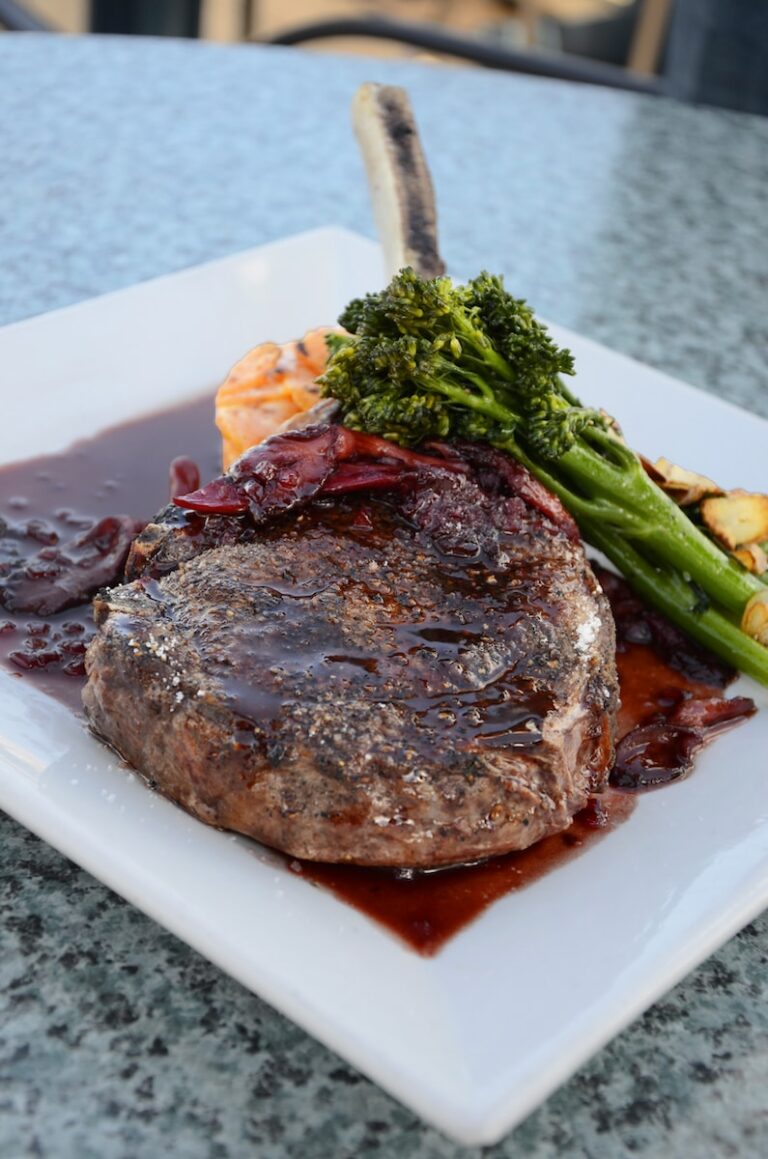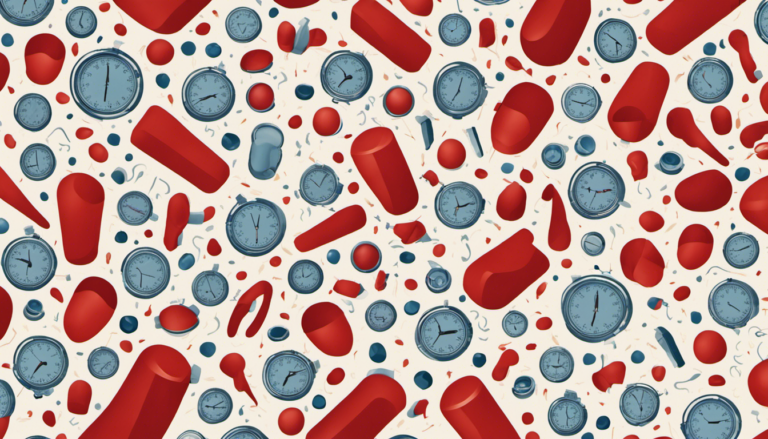Strategic Meal Plans for Weight Loss
I. Introduction
Strategic meal planning is a systematic approach to organizing and preparing meals ahead of time. It involves creating a detailed plan of what to eat, including the ingredients and portion sizes, to meet specific health and fitness goals. This approach is not just about deciding what to eat but also involves considering the nutritional content of the meals, the timing of the meals, and the portion sizes.
Meal planning plays a crucial role in weight loss. It helps control calorie intake, ensures a balanced diet, and reduces the temptation to eat unhealthy foods. By planning meals, you can ensure that you are consuming the right amount of calories and nutrients to support weight loss.
Moreover, strategic meal planning can also help save time and reduce stress as you don’t have to worry about what to eat every day. It can also help save money as it reduces impulsive buying and food waste. Here are some tips on how to start meal prepping.
II. Understanding the Concept of Weight Loss
The science behind weight loss is quite straightforward – it’s all about creating a calorie deficit. This means consuming fewer calories than your body burns. When this happens, your body starts to use stored fat for energy, leading to weight loss.
However, there are many misconceptions about weight loss. Some people believe that they can lose weight by skipping meals or drastically reducing their calorie intake. This is not only unhealthy but can also lead to weight gain in the long run as it can slow down your metabolism and increase your cravings for unhealthy foods. Exercise is also a crucial part of weight loss, but it needs to be combined with a healthy diet for optimal results.
Another common misconception is that all calories are the same. However, the source of calories matters. Calories from nutrient-dense foods like fruits, vegetables, and whole grains are much healthier than calories from processed foods high in sugar and unhealthy fats. Here are some benefits of whole grains.
III. The Role of Nutrition in Weight Loss
A balanced diet is crucial for weight loss. It ensures that you get all the necessary nutrients your body needs to function properly and stay healthy. A balanced diet includes a variety of foods from all food groups – fruits, vegetables, grains, protein foods, and dairy or dairy alternatives.
Different food groups have different impacts on weight loss. For example, protein foods can help increase satiety and boost metabolism, making them essential for weight loss. On the other hand, foods high in added sugars and unhealthy fats can lead to weight gain. Here are some good sources of protein.
Moreover, fruits and vegetables are low in calories and high in fiber, making them ideal for weight loss. They can help you feel full without consuming a lot of calories. Grains, especially whole grains, can also help with weight loss as they are high in fiber and can help control hunger. Here are some benefits of a plant-based diet.
IV. The Importance of Portion Control
Understanding portion sizes is crucial for weight loss. Even healthy foods can lead to weight gain if consumed in large amounts. Therefore, it’s important to know how much of each food you should eat.
Portion control plays a key role in weight loss as it helps control calorie intake. By serving and consuming appropriate portion sizes, you can ensure that you are not consuming more calories than you need. Here are some tips on how to reduce sugar in your diet, which can also help with portion control.
There are several strategies to help with portion control. These include using smaller plates and bowls, serving food in individual portions, and being mindful of portion sizes when eating out. Here are some facts about clean eating, which can also help with portion control.
V. The Concept of Calorie Deficit
A calorie deficit is when you consume fewer calories than your body burns. This forces your body to use stored fat for energy, leading to weight loss. The size of the calorie deficit determines the rate of weight loss. A larger deficit leads to faster weight loss, but it may also be harder to maintain and may not be healthy in the long run.
You can achieve a calorie deficit through meal planning. By planning your meals, you can ensure that you are consuming the right amount of calories to create a deficit. This involves choosing foods that are low in calories but high in nutrients and controlling portion sizes. Here is some information about intermittent fasting, which is another strategy to create a calorie deficit.
It’s important to note that while creating a calorie deficit is necessary for weight loss, it’s also important to ensure that you are getting all the necessary nutrients. This is where strategic meal planning comes in. It allows you to plan your meals in a way that ensures a calorie deficit while also ensuring a balanced diet. Here are some tips on how to choose the best diet for weight loss.
VI. Strategic Meal Planning for Weight Loss
Creating a meal plan for weight loss involves several steps. First, you need to determine your calorie needs based on your age, sex, weight, height, and activity level. Then, you need to create a calorie deficit by reducing your calorie intake or increasing your physical activity. Finally, you need to plan your meals based on your calorie needs and your personal preferences.
Strategic meal planning has several benefits. It can help control calorie intake, ensure a balanced diet, save time and money, and reduce stress. It can also help improve your eating habits and make it easier to stick to your diet. Here are some tips on how to start meal prepping.
Moreover, strategic meal planning can also help improve your relationship with food. It can help you see food as a source of nourishment rather than something to be feared or avoided. Here are some tips on how to manage stress, which can also help improve your relationship with food.
VII. Sample Meal Plans for Weight Loss
There are several meal plans that can help with weight loss. For example, a low-carb meal plan involves reducing your intake of carbohydrates and increasing your intake of protein and healthy fats. This can help control hunger and boost metabolism, leading to weight loss. Here are some pros and cons of the keto diet, which is a type of low-carb diet.
A high-protein meal plan involves increasing your intake of protein foods. Protein can help increase satiety and boost metabolism, making it essential for weight loss. Here are some good sources of protein.
A vegetarian meal plan involves avoiding meat and sometimes other animal products. Vegetarian diets can be lower in calories and higher in fiber, making them ideal for weight loss. However, it’s important to ensure that you are getting all the necessary nutrients, especially protein. Here is an overview of the vegetarian diet.
VIII. The Role of Regular Exercise
Physical activity is crucial for weight loss. It helps burn calories, boost metabolism, and improve overall health. It can also help improve mood and reduce stress, making it easier to stick to your diet. Here are some tips on how to start exercising.
There are many ways to incorporate exercise into your weight loss plan. This includes regular aerobic exercise, strength training, and flexibility exercises. It’s important to choose activities that you enjoy and that fit into your lifestyle to ensure that you can stick to them. Here are some benefits of yoga, which is a great way to incorporate exercise into your weight loss plan.
It’s also important to remember that while exercise is crucial for weight loss, it’s not a magic bullet. It needs to be combined with a healthy diet for optimal results. Here is some information about the role of exercise and diet in weight loss.
IX. Overcoming Challenges in Meal Planning
While meal planning can be very beneficial, it can also be challenging. Some common obstacles include lack of time, lack of cooking skills, and lack of motivation. However, there are several strategies to overcome these obstacles. Here are some tips on how to start meal prepping.
For example, you can overcome the lack of time by preparing meals in advance and storing them in the fridge or freezer. You can overcome the lack of cooking skills by starting with simple recipes and gradually trying more complex ones. And you can overcome the lack of motivation by setting clear goals and reminding yourself of the benefits of meal planning. Here are some tips on how to stay motivated to lose weight.
Moreover, it’s important to be flexible and realistic with your meal plan. It’s okay to deviate from your plan occasionally. What matters is that you get back on track as soon as possible. Here are some tips on how to create a healthy lifestyle environment, which can also help with meal planning.
X. The Role of Consistency and Discipline
Consistency is key in meal planning. It’s not about being perfect but about making consistent efforts to eat healthy and control portion sizes. Over time, these small changes can lead to significant weight loss. Here are some tips on how to be consistent in your diet.
Discipline is also crucial for weight loss. It’s about making the right choices even when you don’t feel like it. It’s about sticking to your meal plan even when you are tempted to deviate from it. Here are some tips on how to develop discipline in your diet.
Moreover, it’s important to remember that weight loss is a journey, not a destination. It’s about making sustainable changes to your eating habits and lifestyle that you can maintain in the long run. Here is some information about sustainable diets.
XI. Conclusion
In conclusion, strategic meal planning is a powerful tool for weight loss. It can help control calorie intake, ensure a balanced diet, and improve eating habits. It can also help save time and money, reduce stress, and improve your relationship with food.
However, meal planning is not a magic bullet. It needs to be combined with regular exercise and a healthy lifestyle for optimal results. Moreover, it’s important to be consistent and disciplined in your efforts. Remember, weight loss is a journey, not a destination. Here is some motivation for your weight loss journey.
So why wait? Start your strategic meal plan today and take the first step towards a healthier and fitter you. Here are some tips on how to start your meal plan.







